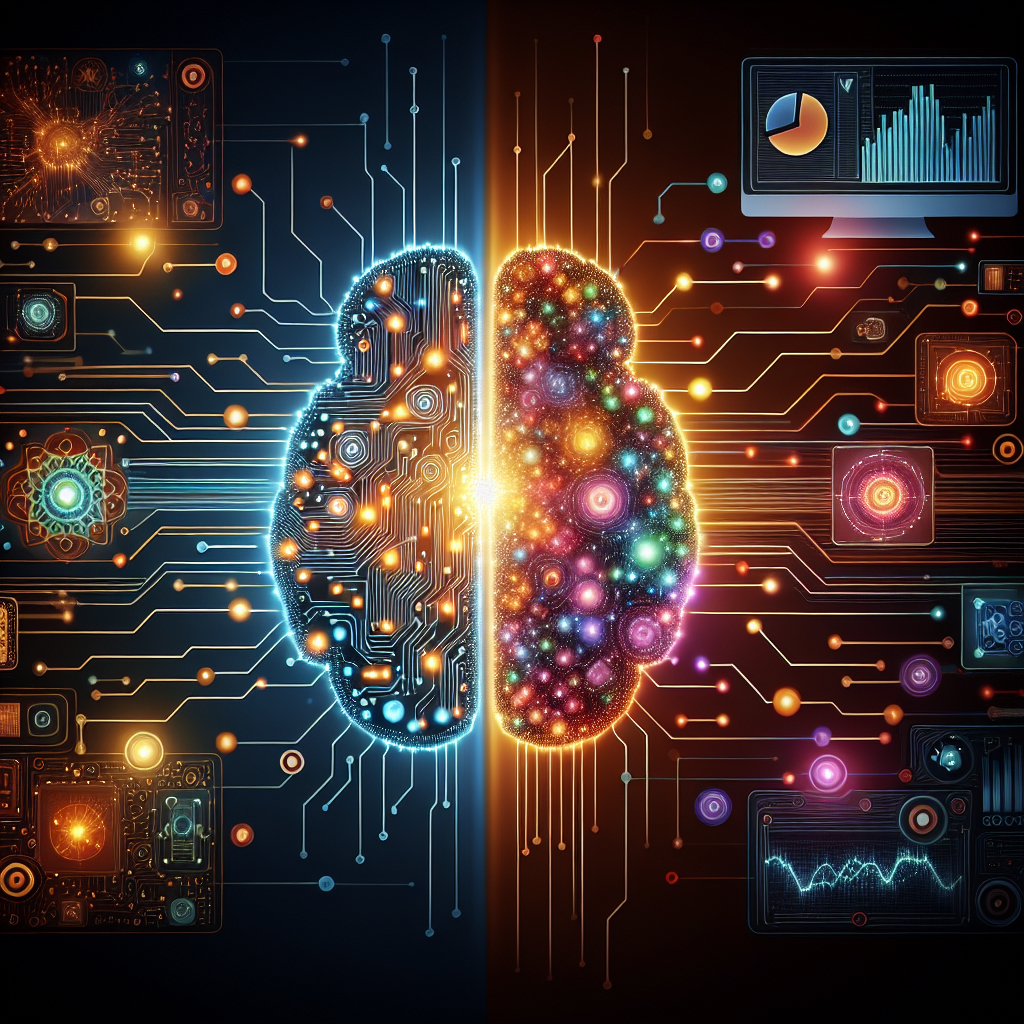Artificial intelligence (AI) and machine learning are two terms that are often used interchangeably, but they are actually two different concepts. Both technologies have the ability to analyze data and make decisions, but the way they do so is different. In this article, we will explore the differences between AI and machine learning, and discuss which is more reliable in various applications.
AI is a broad field of computer science that focuses on creating machines that can perform tasks that typically require human intelligence. These tasks include things like speech recognition, visual perception, decision-making, and language translation. AI systems are designed to mimic human intelligence by learning from experience and adjusting their behavior based on new information.
Machine learning is a subset of AI that focuses on the development of algorithms that can learn from and make predictions or decisions based on data. Machine learning algorithms are trained using large amounts of data, which allows them to identify patterns and make predictions without being explicitly programmed to do so. This ability to learn from data is what sets machine learning apart from traditional AI systems.
When it comes to reliability, both AI and machine learning have their strengths and weaknesses. In general, machine learning is considered to be more reliable than traditional AI systems because it is based on data-driven algorithms that can adapt to new information. Machine learning models are trained on large datasets, which allows them to make accurate predictions and decisions based on patterns in the data.
On the other hand, traditional AI systems are often based on rules and logic that are programmed by developers. While these systems can perform specific tasks well, they may struggle to adapt to new situations or learn from new data. This can make traditional AI systems less reliable in complex or dynamic environments.
In recent years, there has been a shift towards using machine learning in AI systems to improve their reliability and performance. By combining the data-driven approach of machine learning with the logic and rules-based approach of traditional AI, developers can create more reliable and powerful AI systems.
In summary, machine learning is generally more reliable than traditional AI systems because it is based on data-driven algorithms that can adapt to new information. By combining machine learning with traditional AI techniques, developers can create more reliable and powerful AI systems that can perform complex tasks with a high degree of accuracy.
FAQs:
Q: What is the difference between AI and machine learning?
A: AI is a broad field of computer science that focuses on creating machines that can perform tasks that typically require human intelligence. Machine learning is a subset of AI that focuses on the development of algorithms that can learn from and make predictions or decisions based on data.
Q: Which is more reliable, AI or machine learning?
A: In general, machine learning is considered to be more reliable than traditional AI systems because it is based on data-driven algorithms that can adapt to new information. Machine learning models are trained on large datasets, which allows them to make accurate predictions and decisions based on patterns in the data.
Q: How can developers improve the reliability of AI systems?
A: Developers can improve the reliability of AI systems by combining machine learning with traditional AI techniques. By using data-driven algorithms and logic-based rules, developers can create more reliable and powerful AI systems that can perform complex tasks with a high degree of accuracy.

